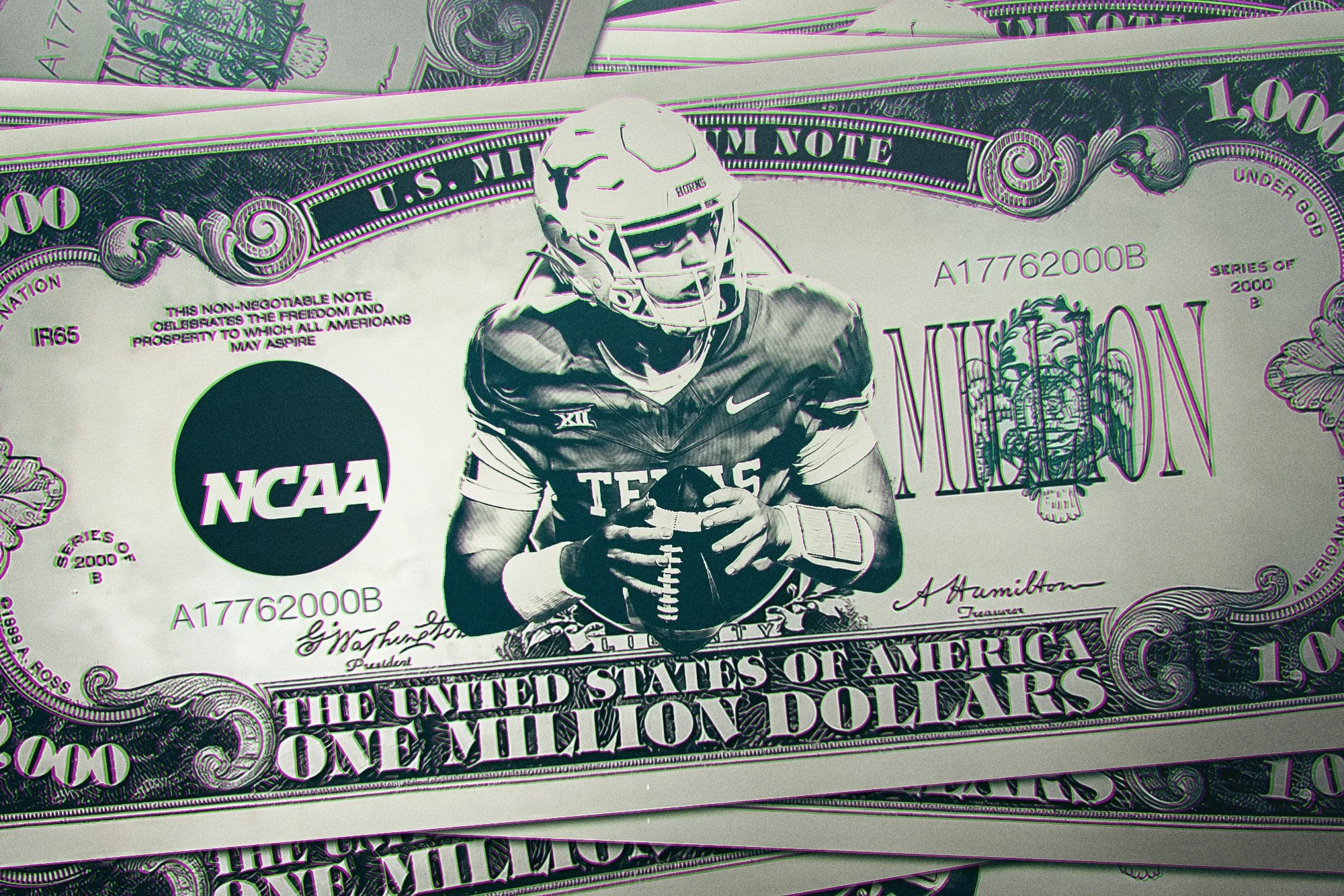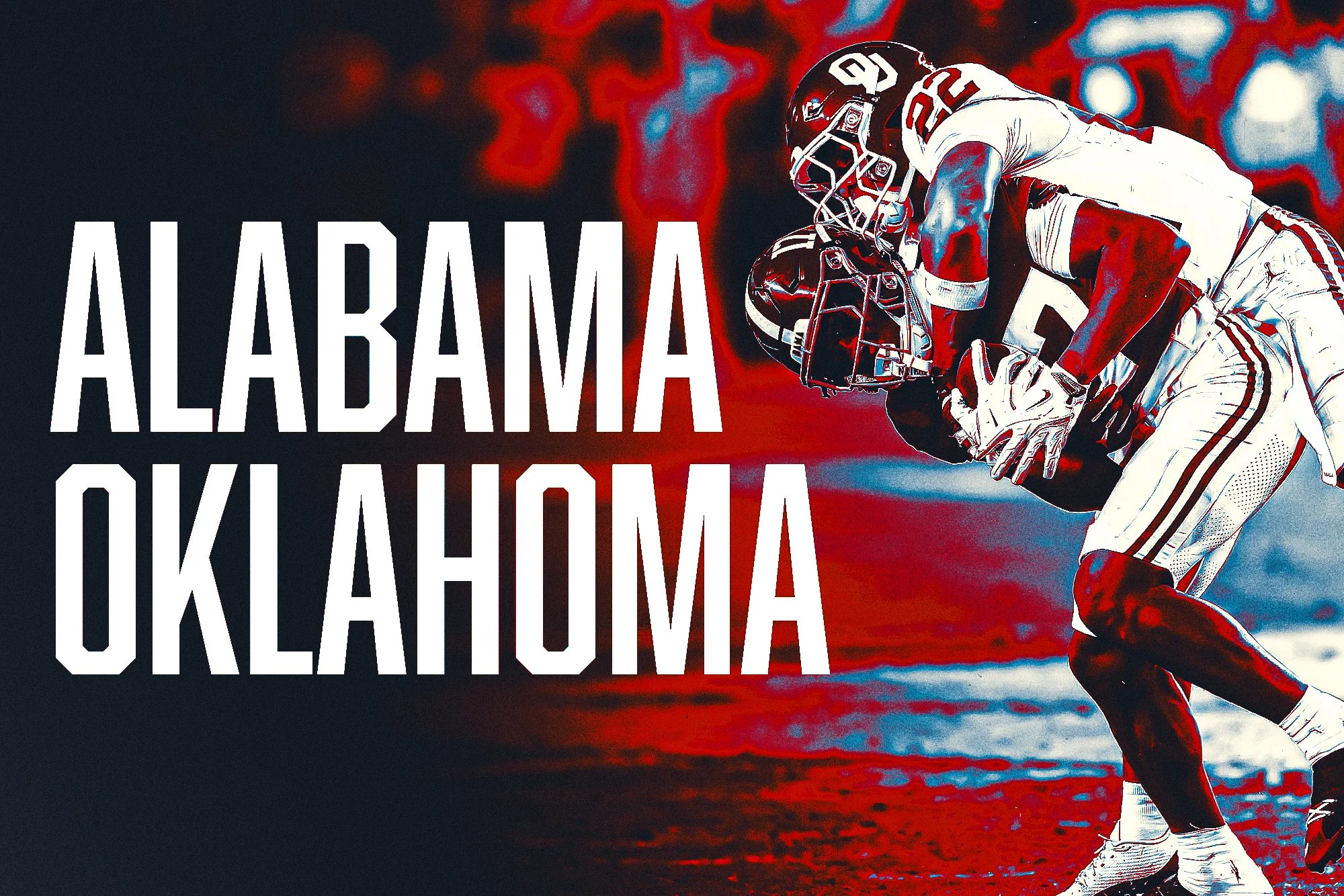PRESIDENT TRUMP SIGNS EXECUTIVE ORDER ON NIL IN COLLEGE ATHLETICS
Ajay Allen - July 28, 2025
In an effort to address the rapidly evolving landscape of collegiate athletics and its economic impact on student-athletes, President Donald J. Trump signed an executive order on July 24, 2025, establishing new national guidelines for the regulation and enforcement of Name, Image, and Likeness (NIL) compensation in college sports. The order comes in response to growing concerns over the influence of outside money in athlete recruitment, the sustainability of non-revenue sports, and the long term effects on the amateur model in college athletics.
The executive order directs multiple federal agencies, including the Department of Education, Department of Justice, Department of Labor, and the Federal Trade Commission, to coordinate on the development and enforcement of a national NIL policy.
Among the key provisions of the order is a prohibition on “pay for play” arrangements in which third party individuals or collectives offer financial incentives to student-athletes in exchange for commitments to enroll, transfer, or remain at specific institutions.
The administration defines these arrangements as outside the intended scope of NIL, which was originally meant to allow student-athletes to profit from legitimate endorsements and sponsorship opportunities, rather than to act as salary mechanisms.
The order further outlines that NIL transactions must reflect fair market value and be based on actual services rendered by the athlete, such as product promotion, personal appearances, or media related activities. Collectives and booster affiliated organizations are explicitly restricted from offering NIL deals that serve as recruitment tools or retention bonuses not tied to deliverable work.
In addition to addressing the recruitment environment, the executive order includes measures designed to support and protect nonrevenue sports and women’s athletics. Institutions with significant athletic revenues, particularly those operating large football and basketball programs, will be expected to maintain or increase funding and scholarship opportunities for Olympic and Title IX sports. This clause aims to counteract the risk that escalating NIL expenses in major sports could lead schools to reduce investment in other athletic programs.
The executive order also calls for clarification on whether student-athletes should be considered employees of their institutions. Agencies such as the National Labor Relations Board and the Department of Labor have been directed to issue updated guidance on this matter. The executive order does not make a final determination on employment status but affirms the administration's intent to preserve what it describes as the educational and amateur foundation of collegiate athletics while protecting student-athletes’ economic rights under appropriate federal laws.
Under the order, federal enforcement mechanisms are set to be implemented within 30 days. These mechanisms may include auditing institutions for NIL compliance, investigating reported violations, and using federal funding incentives or penalties to ensure school cooperation. Title IX compliance will also be a factor in enforcement, particularly in cases where NIL activity or institutional spending impacts gender equity in sports offerings.
Initial reactions from college athletic leaders and university officials have focused on the need for consistent national policy in the NIL space. While some athletic departments have expressed optimism that the executive action could stabilize recruiting environments and preserve broader athletic offerings, others have noted that enforcement details and legal clarity will be essential in implementation.
The White House emphasized that the executive order is not intended to eliminate NIL opportunities for student-athletes but rather to introduce structure and oversight into what has become a fragmented system of state laws and institutional practices. Officials noted that the executive order aligns with various legislative proposals currently under consideration in Congress, including the Student Compensation and Opportunity through Rights and Endorsements (SCORE) Act, and that collaboration with lawmakers will be necessary to establish long-term, enforceable NIL legislation.
Legal analysts have acknowledged that the order may face challenges from states, institutions, or advocacy groups concerned with the limits it places on athlete autonomy or state-level NIL rights. However, until congressional action is finalized, the executive order represents the most direct federal intervention into the NIL marketplace to date.
Further information on implementation, agency directives, and enforcement procedures is expected to be released in the coming weeks. Institutions and student-athletes are advised to review the guidelines closely as compliance efforts begin under the new federal framework.
YOU MIGHT ALSO LIKE





The air feels different this week. Not just colder, not just louder, but heavier like the past 121 Egg Bowls are pressing down on this one moment. One team is fighting for a path to the College Football Playoff, the other is fighting for its season to survive. Pride, legacy, and the Golden Egg hang in the balance, waiting to crown a hero and expose a victim. In Oxford this weekend, history isn’t just remembered, it's rewritten.